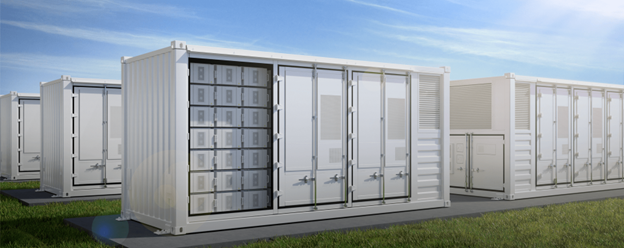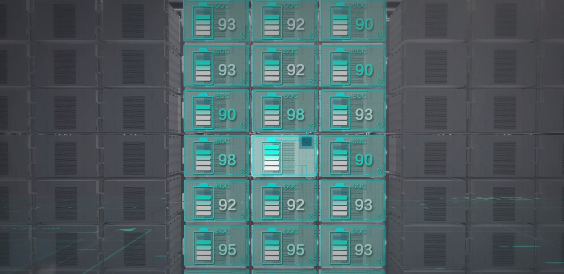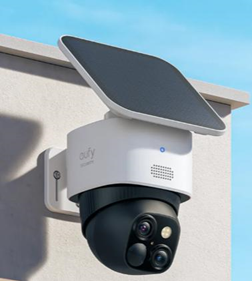In an era increasingly defined by the need for sustainable energy solutions, "smart energy storage" emerges as a cornerstone technology. This concept transcends the traditional scope of storing electricity, venturing into the realm of intelligent energy management. It is an amalgamation of innovation and efficiency, poised to redefine how we approach energy consumption and conservation.
Technology Behind Smart Energy Storage
The fundamental allure of smart energy storage lies in its ability to intelligently manage, and dispatch stored energy. This intelligence is derived from an intricate mesh of modern technology encompassing AI, IoT, and sophisticated algorithms. Unlike conventional systems, which are primarily reactionary, smart energy storage systems proactively adapt to energy demands, supply fluctuations, and network conditions. This adaptability is pivotal, especially with the integration of erratic renewable energy sources like wind and solar, which are susceptible to environmental variabilities.

Detailed Look at Smart String ESS Technology
At the forefront of this technological evolution is the Smart String Energy Storage System (ESS). This innovative system consists of multiple battery strings, each operating independently yet cohesively. This modular structure not only ensures operational flexibility but also enhances the overall system resilience. In case of a malfunction in one string, the rest continue functioning, thereby mitigating risk and improving reliability. The intelligent management of each string optimizes battery life, efficiency, and performance, tailoring the energy output to the specific needs of the grid or the consumer.
The Role of Smart PCS (Power Conditioning System)
The Smart Power Conditioning System (PCS) is the crux of the energy conversion process within the storage system. It does more than convert stored DC power into AC power for the grid; it intelligently manages this conversion process. By constantly monitoring and responding to grid demands, the Smart PCS plays a vital role in maintaining energy quality and ensuring efficient distribution. It is an essential component in the integration of renewable energy sources, compensating for their variability and ensuring a consistent and reliable energy supply.
Smart Transformer Station: A Game Changer
Another key component in the smart energy storage ecosystem is the Smart Transformer Station. These stations are not just passive conduits for electricity; they are dynamic, intelligent systems equipped with real-time monitoring and decision-making capabilities. Through advanced analytics and communication technologies, they actively manage the distribution of electricity, optimizing the flow based on current demand and supply conditions. This proactive approach is particularly valuable in managing the complexities of modern energy grids, which are increasingly reliant on a diverse mix of energy sources.
Impact on Renewable Energy Integration
The integration of renewable energy sources into the existing grid is fraught with challenges, primarily due to their intermittent and unpredictable nature. Smart energy storage systems, with their advanced management capabilities, offer a solution to this problem. By effectively storing and releasing energy as needed, they buffer the grid against the variability of renewable sources, thus facilitating a smoother transition to green energy.
Advancements in Battery Technology
Central to the concept of smart energy storage is the advancement in battery technology. Lithium-ion batteries, with their high energy density and declining cost, are at the heart of most smart energy storage systems. However, the horizon of innovation is broad, with emerging technologies like solid-state batteries and flow batteries offering promising alternatives with potentially higher capacities and longer lifespans.

Conclusion
The smart energy storage is not just an innovative technology; it's a transformative approach that is reshaping the energy landscape. Enhancing the efficiency and reliability of energy storage and distribution, it paves the way for a more sustainable and resilient energy future. As we stand at the cusp of an energy revolution, smart energy storage systems emerge as key enablers, ensuring that renewable energy can meet the world's growing energy needs in a sustainable manner.









